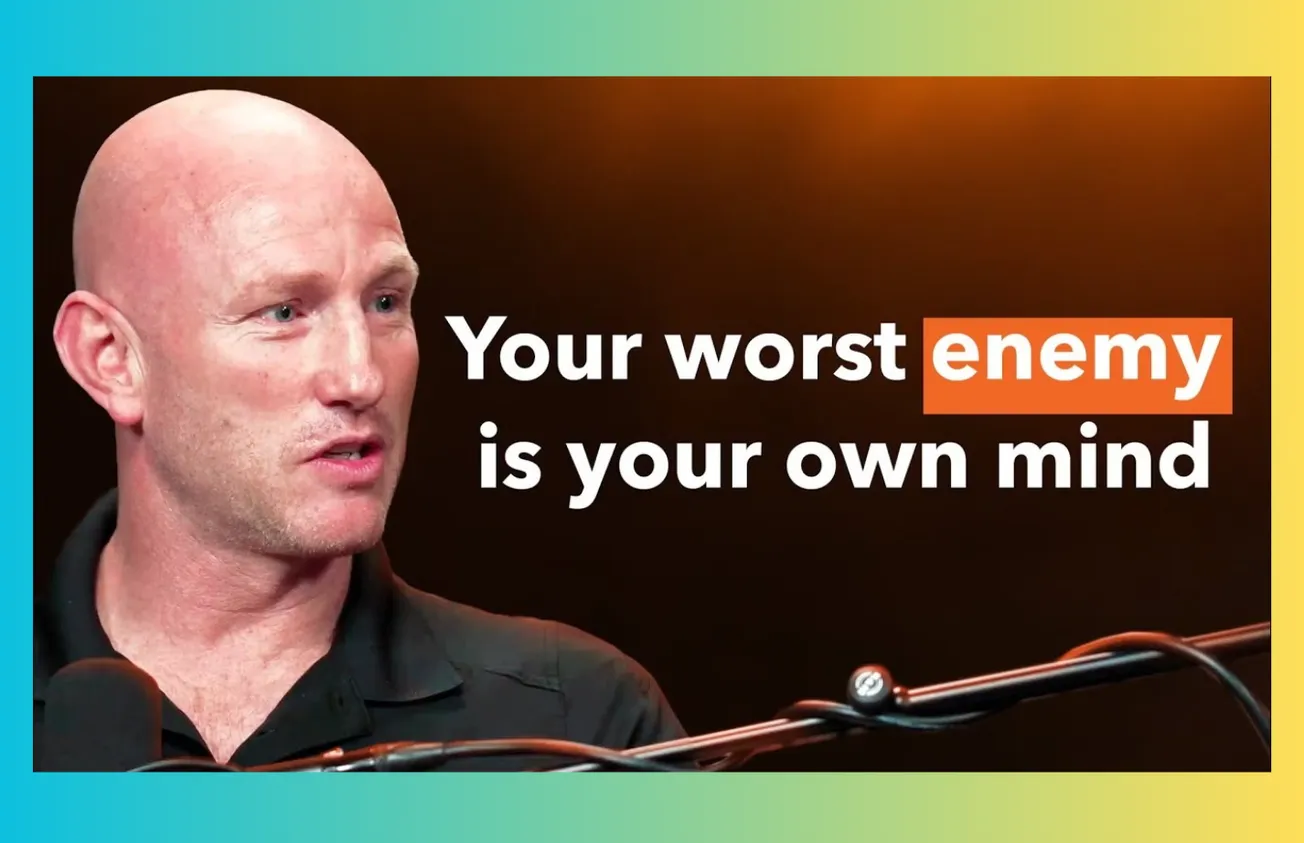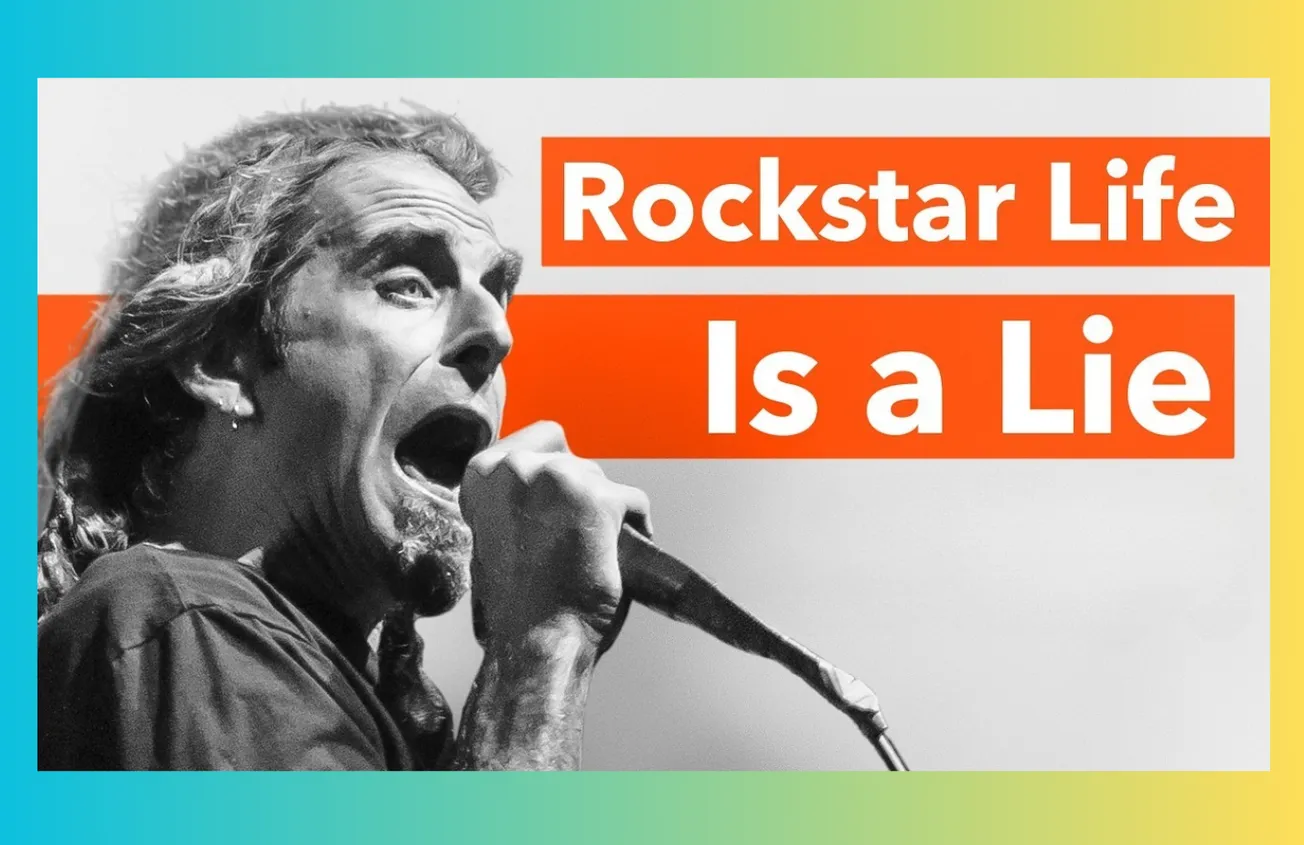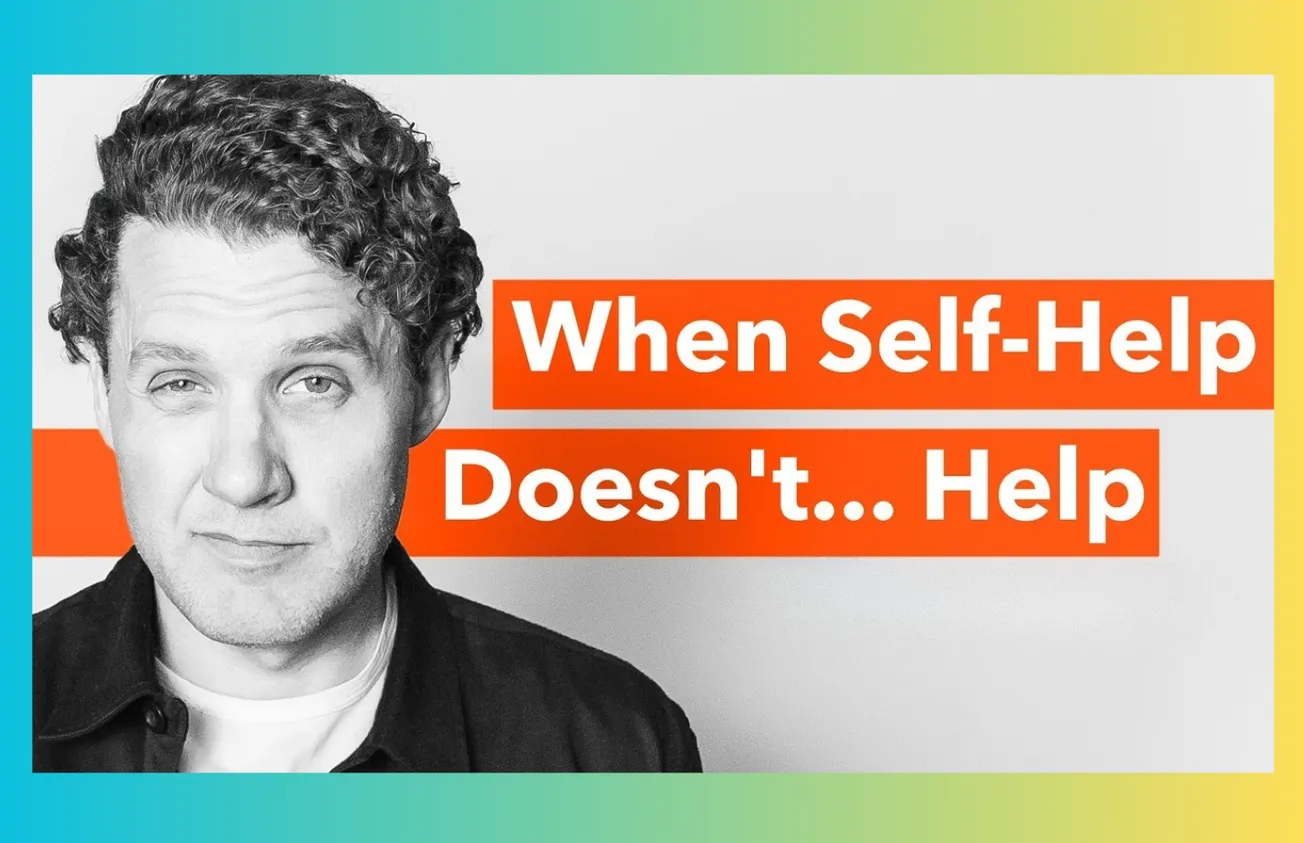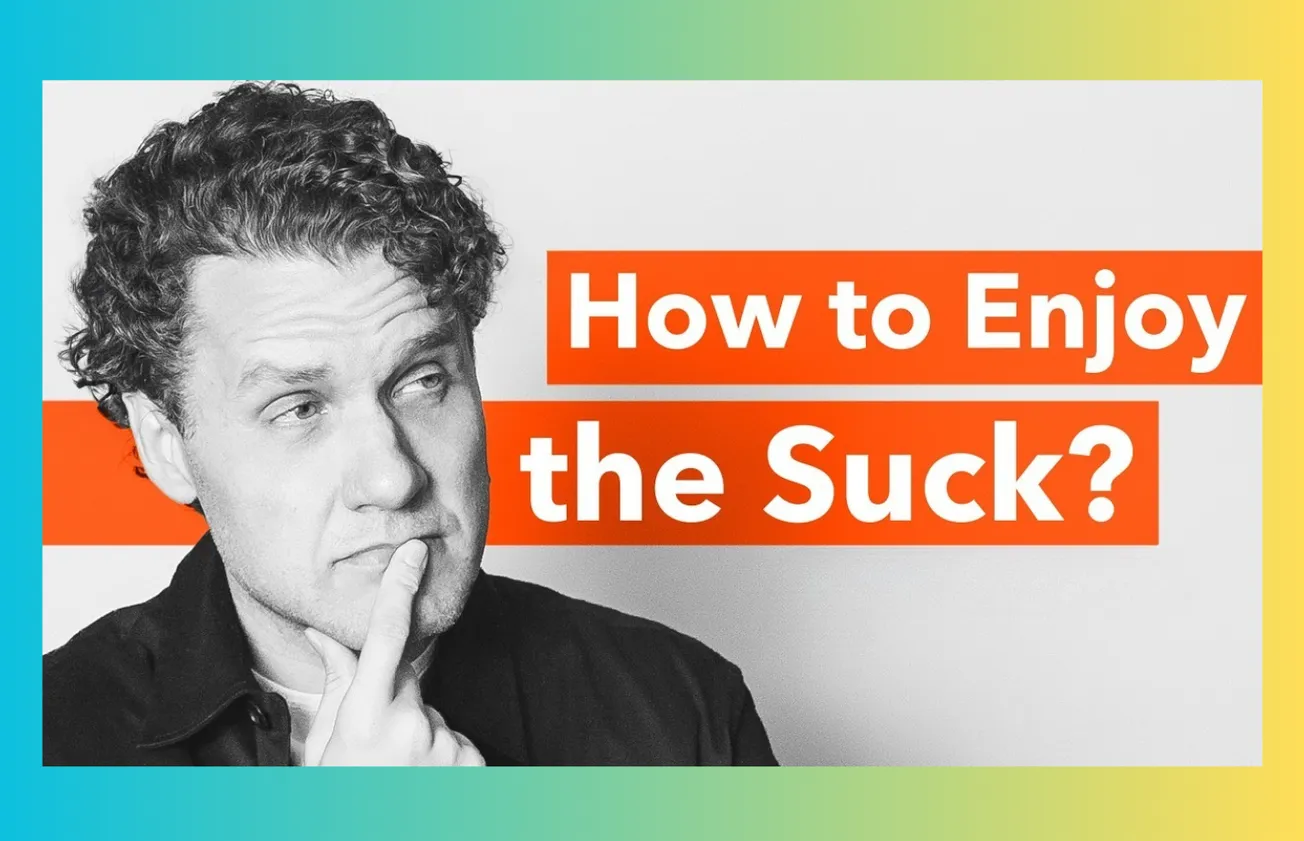Table of Contents
Dean Stott went from a near-death parachuting injury to breaking world records and orchestrating global evacuations. His story reveals how true resilience is built—through pain, preparation, purpose, and partnership.
Key Takeaways
- Pain isn’t the enemy; it’s a diagnostic tool that teaches where your edges are.
- Cutting off escape options forces higher commitment—eliminating "Plan B" sharpens focus.
- Risk is about preparation and local intelligence—not courage or bravado.
- Purpose amplifies resilience; Dean endured suffering by tying it to something bigger than himself.
- A clear awareness of mortality doesn’t weaken you—it helps you act with clarity and conviction.
- Cultural humility unlocks trust and safety in hostile environments; ego gets you killed.
- Resilience is a mindset built through repetition, realism, mission-focus, and emotional regulation.
- Trusting others and building teams with shared values multiplies resilience under pressure.
- The smallest respectful gesture can defuse the most dangerous conflict.
Pain as a Gauge, Not a Barrier
- Dean’s journey into resilience began with pain—not just physical but emotional. His parachuting accident left him vomiting from the pain, a first even in his elite career. But what hurt more was being separated from his team in Afghanistan, where he had planned to deploy.
- Over time, Dean developed a framework for pain: is this pain permanent or temporary? Signal or noise? Is it a warning or a wall? By asking these questions constantly, he built an intuitive system for knowing when to press on and when to pause.
- He doesn’t glamorize toughness. Instead, he advocates emotional intelligence under pressure. Pain is data. Pain is also memory—it teaches, reminds, and refines.
- That mindset carried into his endurance cycling challenge, where saddle sores, exhaustion, and muscle strain were routine. But he reframed pain as progress. Pain was the toll for growth.
- With purpose—like raising money for children’s mental health—he turned suffering into fuel. He calls it "purpose-powered endurance," and insists it’s available to anyone willing to give their pain a job.
- Pain with a mission becomes meaningful. And meaning is what separates breakdown from breakthrough.
No Exit: The Power of Commitment Without Contingency
- For Dean, success often comes down to removing exits. During his Pan-American cycle, he eliminated any thought of quitting. There was no safety net, no backup.
- The moment you give yourself an out, your brain will take it. Dean’s motto: "When you commit, commit all the way."
- This wasn’t recklessness—it was strategic focus. By locking in his goal, Dean minimized mental friction. He didn’t argue with himself each day—he executed.
- His team initially wanted a risk plan. He said, “There is no Plan B. Only better planning.” He knew that having an escape would weaken his resolve when things got hard.
- Daily milestones acted like breadcrumbs through hardship. Each completed segment was a win—a psychological checkpoint to prevent spiraling into fatigue.
- This principle applies to life beyond elite challenges. Dean believes most people’s potential is capped not by ability but by the doors they leave open for themselves when things get uncomfortable.
- Removing exits doesn’t mean ignoring risk. It means choosing focus and designing your environment to eliminate the temptation of retreat.
Living with Mortality Without Being Paralyzed by It
- In the Special Forces, death is not abstract. Dean lost friends. He saw plans unravel. And yet, he didn’t live in fear. Instead, he learned to act with urgency but not recklessness.
- “Fear can be useful,” he says, “but hesitation gets you killed.” The key is acknowledging mortality without letting it dominate your thoughts.
- Every mission has backup plans—but those plans must be flexible. The map is never the territory. Training teaches fluidity. Rigidity can be fatal.
- This mindset carried into civilian life. Dean doesn’t take time for granted—but he doesn’t live in panic either. Resilience means working within reality without being overwhelmed by it.
- Mortality awareness sharpens perspective. It cuts through noise. But it only helps if it keeps you moving forward—not frozen.
What Real Risk Management Looks Like
- Hollywood often depicts strength with weapons and explosions. Dean’s reality is different: the real power lies in negotiation, understanding, and building local trust.
- His evacuation of the Canadian embassy in Libya was executed without a single shot fired. Why? Because Dean respected local customs, built relationships, and paid fair wages.
- "I’ve never been betrayed by a local," he says. "Respect gets returned." He learns the rules of every region: clothing, language, gestures, hierarchy.
- One operation went sideways simply because a different team sped past a tribal checkpoint—ignoring protocol. It wasn’t a tactical error. It was cultural ignorance.
- For Dean, risk isn’t the presence of danger—it’s the absence of awareness. Smart risk-taking begins with listening.
- His preparation included local allies, translators, and cultural briefings. The most powerful armor, he argues, is cultural empathy.
Extreme Preparation, Flexible Execution
- Dean’s motto: “Train two ranks up.” If your leader goes down, you’re ready to step in. You don’t panic—you perform.
- Preparation is sacred. He plans missions with meticulous detail—routes, comms, contingency points. But he also assumes nothing will go as planned.
- He calls it “structured improvisation.” You prepare so deeply that improvising becomes natural. Resilience comes from overtraining, not winging it.
- Even today, whether he’s planning security for a client or orchestrating a charity event, he uses military-grade logistics.
- His team rehearses scenarios ranging from the probable to the absurd. “The more ridiculous the backup plan, the more confident I am.”
- Resilience isn’t rigidity—it’s preparation that enables agility. Freedom comes from readiness.
- Dean believes that discipline isn’t about control. It’s about choice. The more you’ve prepared, the more options you have in chaos.
Ego Will Kill You. Mission Will Save You.
- Dean has turned down seven-figure security contracts because they didn’t align with his values. For him and his wife Alana, mission trumps money.
- They say yes only when a project has real-world impact. During his Pan-American cycle, each mile funded mental health services for kids.
- That clarity eliminates conflict. When the mission is clear, ego steps aside. There’s no room for posturing when kids’ lives are involved.
- Dean says, “Ego gets people in trouble. Mission gets them home.”
- This same mission-first mindset applies to relationships, health, parenting, business. You’re not doing it for validation. You’re doing it because it matters.
- When you let purpose lead, you stop chasing outcomes—and start becoming the kind of person who can endure any outcome.
Partnership Built on Purpose and Trust
- Dean and Alana operate like a tactical team. She negotiates contracts, handles logistics, builds networks. He executes on the ground.
- Their bond was tested during the Pan-American ride. Alana secured over $1.4 million in donations and sponsorships—even without being a cyclist herself.
- Their alignment is built on one rule: If a project doesn’t give back to the world, they walk away.
- Alana isn’t just support—she’s the strategist. Dean calls her “the mission planner.”
- Their relationship is proof that resilience doesn’t mean going it alone. It means knowing who’s in the foxhole with you.
- They debrief after every challenge. They reflect, reset, and re-align. Resilience, Dean says, is a team sport.
Cultural Humility is Strategic, Not Just Moral
- Dean is a master of adaptation. In Libya, Somalia, Colombia—he becomes a student of the culture before acting.
- He asks questions: What’s respectful here? Who should I speak to first? How does power work in this place?
- That humility has kept him alive. He once diffused a standoff just by accepting tea and removing his sunglasses.
- After 9/11, Dean warned against generalizing entire cultures. “One man’s actions don’t define a people,” he says.
- Sitting on the floor when offered a seat of honor. Eating local food with both hands. These choices matter. Respect isn’t weakness. It’s influence.
- He sees culture not as an obstacle but as an intelligence system. And navigating it with care is what gives him the edge.
Resilience Is Built—One Layer at a Time
- Dean never dreamed of being elite military. He stumbled into it—and passed one of the world’s toughest selections by staying present and focused.
- He was one of the first soldiers from the Army accepted into the SBS, where 85% of candidates are Royal Marines.
- His secret wasn’t bravado. It was detachment from ego. He didn’t enter to prove anything. He entered to serve.
- Every mission, every mile, every scar added a layer of self-trust. That’s how resilience grows—not through drama, but through quiet repetition.
- “You don’t find resilience,” he says. “You build it—one hard thing at a time.”
- And if you fall? You start again. That’s the blueprint.
Dean Stott’s life is proof that resilience isn’t reserved for the military elite. It’s a daily choice: train deeper, commit harder, lead with respect, and serve something bigger than yourself. You don’t need to be fearless. You need to be focused.









